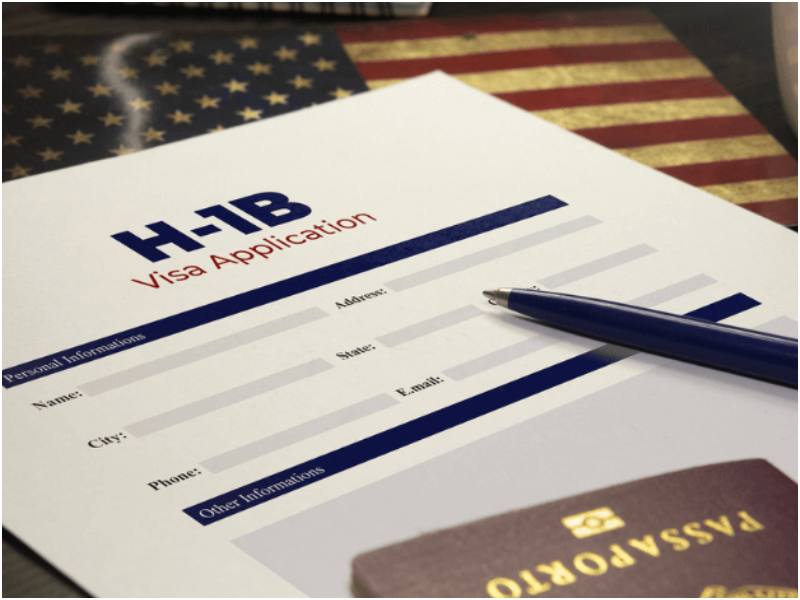The U.S. Court of Appeals for the District of Columbia Circuit upheld a federal rule permitting spouses of H-1B visa holders to work in the United States, dismissing a challenge from Save Jobs USA.
The three-judge panel confirmed that federal immigration law grants the Department of Homeland Security (DHS) broad authority to set conditions for visa holders’ admission, including work authorization for their spouses.
The rule, implemented during the Obama administration in 2015, allows spouses of highly educated foreign professionals on H-1B visas to work in the U.S.
Major business groups and tech companies such as Alphabet’s Google, Amazon, and Microsoft supported the rule, arguing it helps attract and retain skilled talent by offering a pathway for families to settle in the U.S. and pursue green cards.
The D.C. Circuit’s decision mirrored a 2022 ruling that rejected a challenge to a regulation permitting foreign students to work post-graduation.
Save Jobs USA, representing former employees of Southern California Edison, contended that this precedent was incorrect and irrelevant, particularly in light of the U.S. Supreme Court’s June decision in Loper Bright Enterprises v. Raimondo.
That ruling significantly curtailed the “Chevron deference,” which previously required courts to defer to federal agencies’ reasonable interpretations of ambiguous laws.
However, the D.C. Circuit clarified that its earlier ruling did not solely rely on Chevron deference but found that federal law explicitly authorized the DHS rule.
This interpretation was also applied to the case at hand, reinforcing the legality of the work permits for H-1B visa holders’ spouses.
The ruling marks a significant victory for the tech industry and other sectors that depend on highly skilled foreign professionals, affirming the DHS’s authority in immigration matters and maintaining the existing framework for work authorization.

